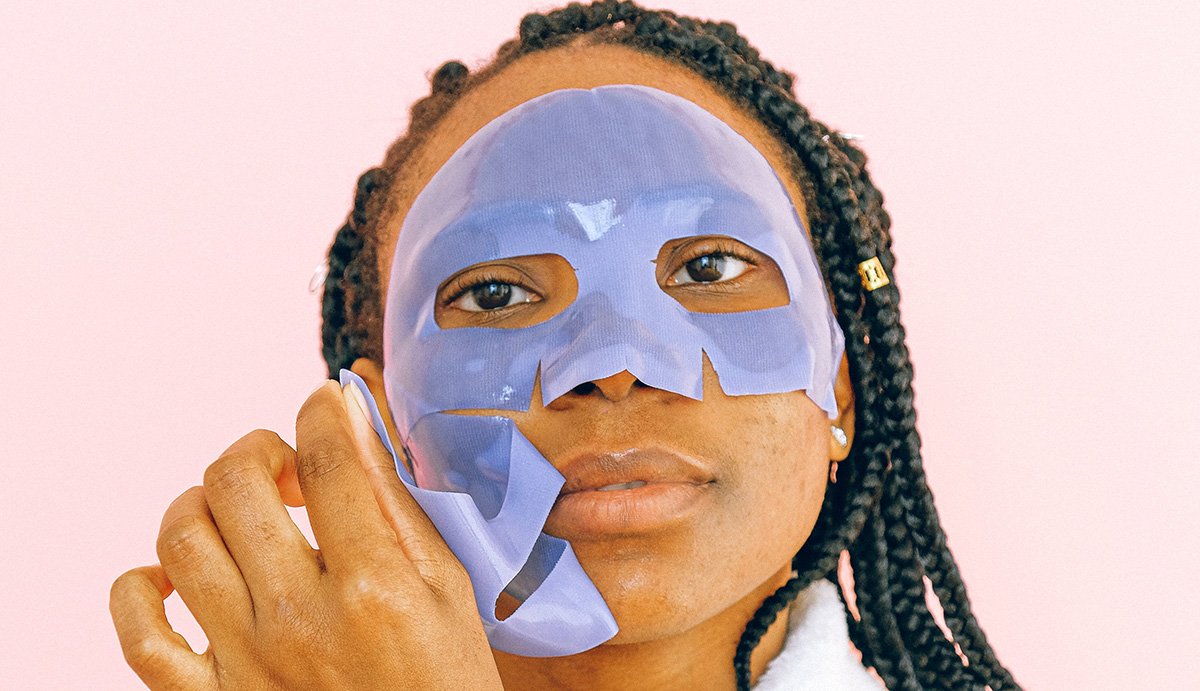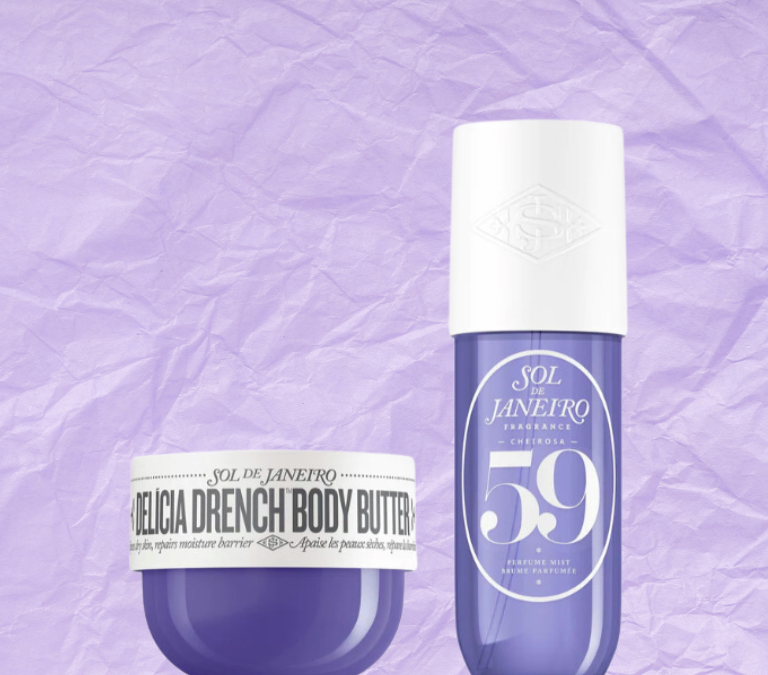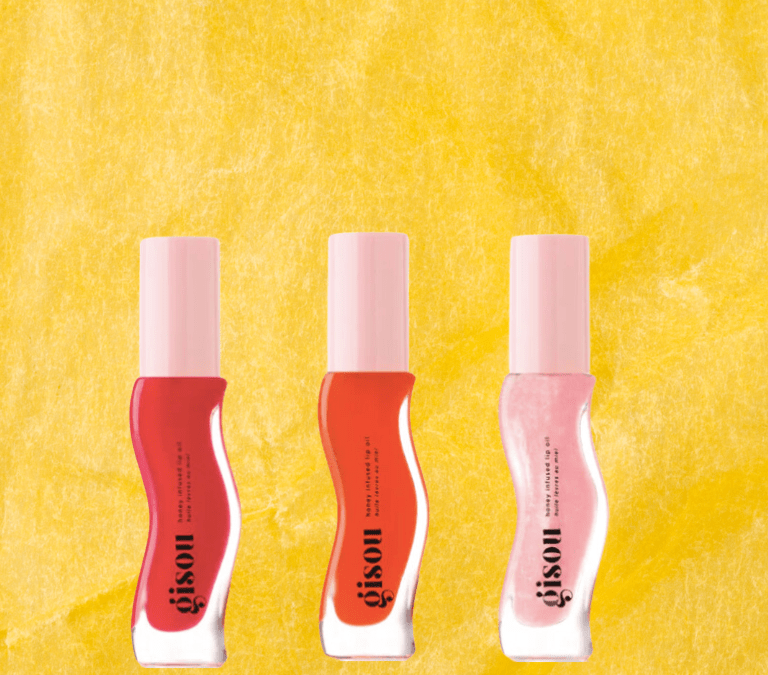
Skin myths are often floating around social media. They may seem harmless, but when some of them are taken as true, they can actually become pretty harmful to your skin. So, let’s debunk skincare myths that are widely spread for women of color.
[SEE ALSO: The Best Body Shimmers For New Year’s Eve]
Myth 1: Higher Concentrations Are Better
Many people think that skincare products with higher concentrations offer superior results. However, this is just downright untrue. A highly concentrated product might be beneficial for some skin types and conditions but most of the time, using a highly concentrated product can potentially lead to irritation and skin sensitivity. This is very important for women of color since any type of skin irritation or inflammation will undoubtedly result in unwanted pigmentation.
Most ingredients have been tested in clinical trials to define their optimum concentrations to see benefits on the skin and there is no scientific data to support that using higher concentrations higher than the optimum range will lead to better results. So, please make sure you always do your research before buying products with specific skincare actives. And if you’re unsure of which concentration to use, you can always opt for a low and gentle concentration to start and build your way up depending on your skin tolerance.
Myth 2: Sunscreen is Optional
While melanin offers some protection against sun damage and reduces the chances of sunburn, dark skin can still burn, and anyone can develop skin cancer after exposure to ultraviolet radiation from the sun.
The efficacy of melanin as a sunscreen is assumed to be about 1.5 – 4.0 sun protective factors (SPF) which is really low compared to the typical SPF values found in sunscreen products. So, if you want to protect your skin from dark spots, and aging, choose a broad-spectrum sunscreen that protects against both UVA and UVB rays with an SPF of 30 or higher.
Myth 3: Black Skin Does Not Age
This myth is related to the previous one. Although melanin can protect your skin cells from damaging UV rays, no one is immune to aging, it just happens at a slower rate than caucasian skin.
Remember that UV radiation from the sun is the leading cause of deep wrinkles, dull skin, and dark spots. So, the fact that your skin has more melanin is not an excuse not to protect it from the sun. Again, don’t forget to apply sunscreen and include some antioxidants and retinoids in your skincare routine to keep your skin healthy and youthful.
Myth 4: Dark Skin Needs Special Skincare
It is more important to use skincare products according to your skin type rather than your skin color. Skincare available in the market can be used by anyone, you just have to be conscious that some ingredients work better for darker skin.
For example, chemical sunscreens are more suitable for darker skin than mineral sunscreens since they don’t leave a white cast over the skin. However, dry skin, oily skin, and acne-prone or sensitive skin are more important factors when choosing skincare products than the amount of melanin you have.
Myth 5: Dark Skin Can’t Use Glycolic Acid
Chemical exfoliation using glycolic acid is a great way to remove the top layers of skin and improve sun spots, hyperpigmentation, fine lines, and wrinkles. However, if you have a darker skin tone, you have a greater risk of experiencing a darkening of your skin after treatment. This condition is called post-inflammatory hyperpigmentation. So, it is not that you can’t use glycolic acid, but you just want to be careful when using it. Glycolic acid can do wonders for your skin but try to stick to low concentrations (2 – 5%) to avoid any risk of irritations.
What are some skin myths that you’ve heard about dark skin? Let us know in the comment section!



